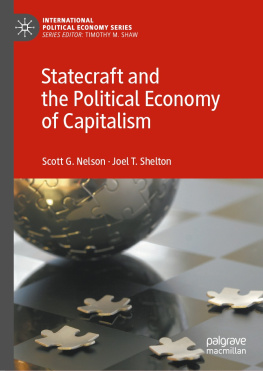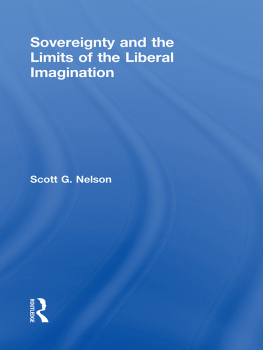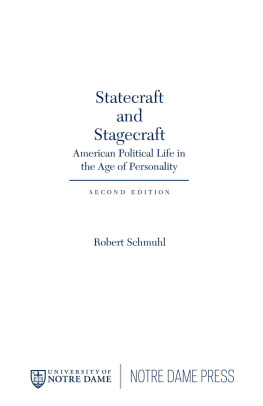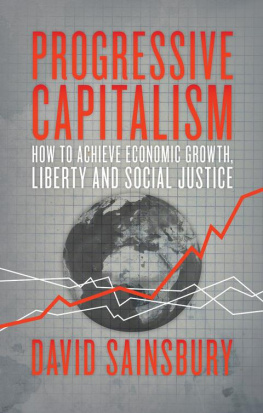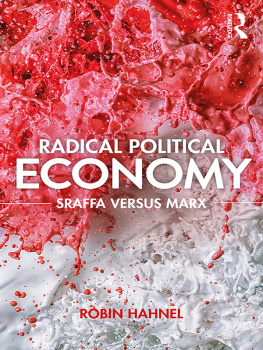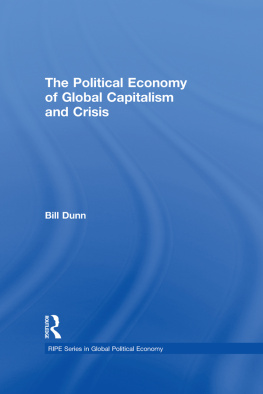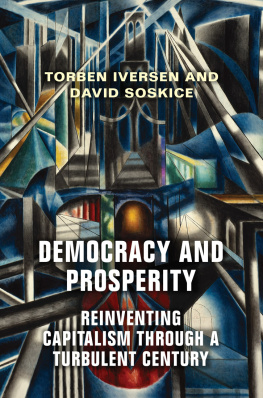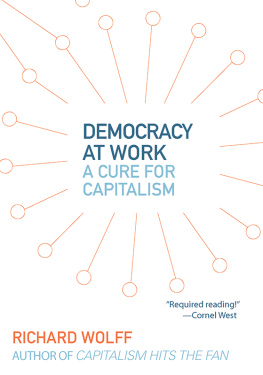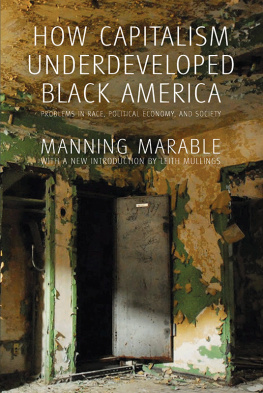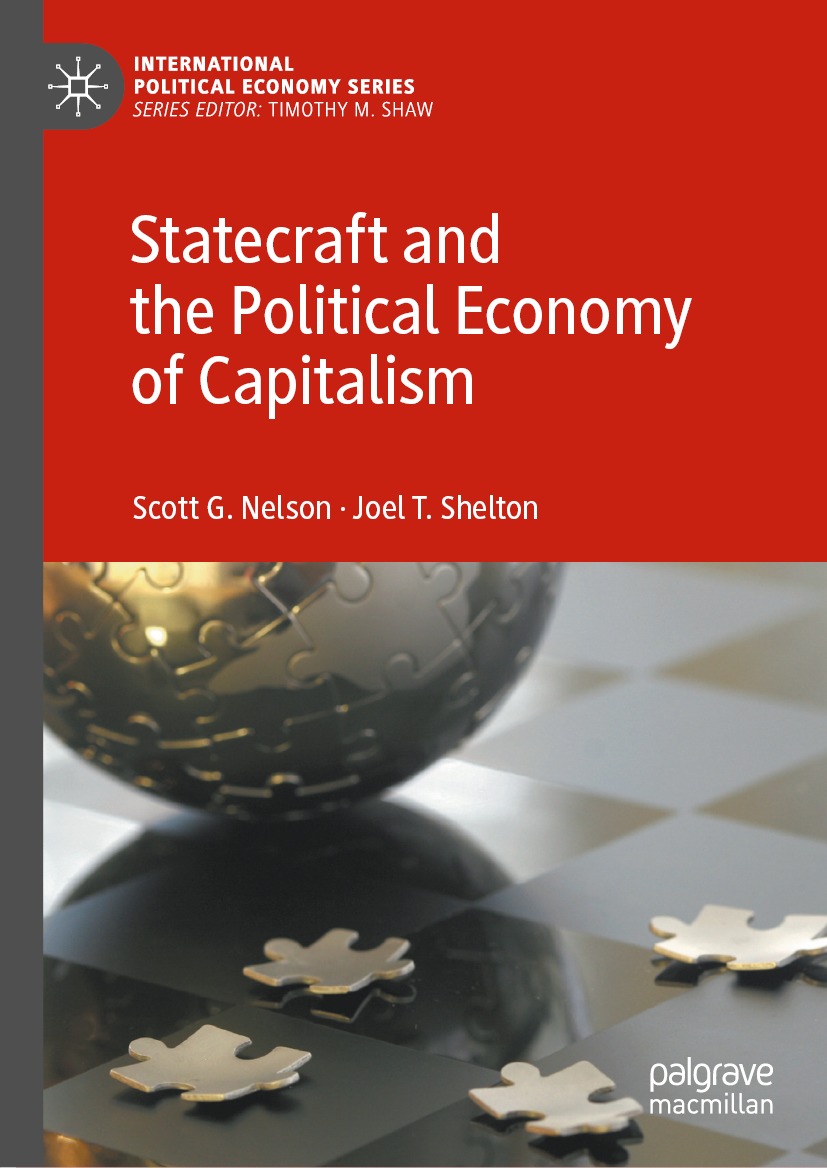International Political Economy Series
Series Editor
Timothy M. Shaw
University of Massachusetts Boston, Boston, MA, USA
Emeritus Professor, University of London, London, UK
The global political economy is in flux as a series of cumulative crises impacts its organization and governance. The IPE series has tracked its development in both analysis and structure over the last three decades. It has always had a concentration on the global South. Now the South increasingly challenges the North as the centre of development, also reflected in a growing number of submissions and publications on indebted Eurozone economies in Southern Europe. An indispensable resource for scholars and researchers, the series examines a variety of capitalisms and connections by focusing on emerging economies, companies and sectors, debates and policies. It informs diverse policy communities as the established trans-Atlantic North declines and 'the rest', especially the BRICS, rise.
NOW INDEXED ON SCOPUS!
Scott G. Nelson and Joel T. Shelton
Statecraft and the Political Economy of Capitalism

The Palgrave macmillan logo.
Scott G. Nelson
Virginia Tech, Blacksburg, VA, USA
Joel T. Shelton
Elon University, Elon, NC, USA
ISSN 2662-2483 e-ISSN 2662-2491
International Political Economy Series
ISBN 978-3-031-15970-1 e-ISBN 978-3-031-15971-8
https://doi.org/10.1007/978-3-031-15971-8
The Editor(s) (if applicable) and The Author(s), under exclusive license to Springer Nature Switzerland AG 2023
This work is subject to copyright. All rights are solely and exclusively licensed by the Publisher, whether the whole or part of the material is concerned, specifically the rights of translation, reprinting, reuse of illustrations, recitation, broadcasting, reproduction on microfilms or in any other physical way, and transmission or information storage and retrieval, electronic adaptation, computer software, or by similar or dissimilar methodology now known or hereafter developed.
The use of general descriptive names, registered names, trademarks, service marks, etc. in this publication does not imply, even in the absence of a specific statement, that such names are exempt from the relevant protective laws and regulations and therefore free for general use.
The publisher, the authors, and the editors are safe to assume that the advice and information in this book are believed to be true and accurate at the date of publication. Neither the publisher nor the authors or the editors give a warranty, expressed or implied, with respect to the material contained herein or for any errors or omissions that may have been made. The publisher remains neutral with regard to jurisdictional claims in published maps and institutional affiliations.
Cover illustration: Rob Friedman/iStockphoto.com
This Palgrave Macmillan imprint is published by the registered company Springer Nature Switzerland AG
The registered company address is: Gewerbestrasse 11, 6330 Cham, Switzerland
This book is dedicated to Edward Weisband,
Edward S. Diggs Endowed Chair in the Social Sciences, Virginia Tech
Preface
The chapters comprising this book were written over a period of several years, and first drafts were prepared as working papers for academic audiences in North America, Europe, and Asia. The main analytical thread linking all of the chapters was conceived in the early years of Barack Obama s presidency when we observed some of the key dynamics that would culminate in Donald Trump s election in 2016, dynamics that would only intensify in the years after. Suffice to say that the experience of the Trump presidency sharpened our thinking about the perilous social and political conditions that now prevail in the United States as well as in many of the worlds advanced democracies . The ascendance of far-right politics is unique to each country, of course, but there is little question that parallel experiences obtain across them. One common experience is that state power has been wielded at home and abroad to further private interests rather than to secure the welfare of ordinary people. In the American context, long prior to the coronavirus pandemic there was a sense that a deadly combination of government neglect over many years, coupled with abject incompetence and the onslaught of disinformation and propaganda, could well imperil populations and create ever-stiffer headwinds for democracy, not to mention a politics grounded in a commitment to equity and respect for difference. While the United States may be a special case, a number of dangers also threaten democracy in many countries that were once counted on as stalwarts of the liberal democratic order.
The coronavirus pandemic has laid bare the dire consequences of relinquishing the role of the state in securing the public interest a task that we associate in this volume with the art and practice of statecraft. When Dr. Deborah Birx , the former White House Coronavirus Response Coordinator, remarked in a March 2021 interview with CNN that most of the coronavirus deaths in the U.S. could have been prevented if the Trump administration had acted earlier and more decisively to curb the spread of the disease (Wang, 2021), Americans were presented with a reality that was sadly squaring all too well with their experiences with the government in a time of crisis. A year later, in the early spring of 2022, the country passed the one million mark of deaths attributed to COVID-19, what remains a truly staggering number. In early summer of that year Dr. Birx told a congressional committee investigating the federal pandemic response that the Trump White House had urged her to dilute guidance sent to state and local health officials in the second half of 2020 (Weiland, 2022). Certainly in the past five years Americans have been reminded again and again that the government can choose to advance the publics welfare or it can aid and abet the darkest of societys impulses. Under Trump and a vast coterie of Republican supporters, it chose the second path, and the country has paid dearly.
The coronavirus may have appeared at the worst possible moment in the United States recent history; to be sure, its timing was equally tragic for all other countries, no matter the size or stage of development. Yet, so devastating in the United States was a political culture that proved so ill-equipped to grapple with the gravity of the situation from the very start of the pandemic. Decades of government failings, and not least the transformation of the world economy over the preceding half century, had badly warped the countrys entire political-economic landscape. Counter-globalization movements of the early 2000s and the far-right politics that took root during the Great Recession (e.g., the Tea Party) resembled in some ways the populist politics of the early twentieth century, but in 2020 the social and cultural drivers were very differentthe world economy was far larger, involved many more players, and did not display anywhere near the level of coordination needed to allow nations to fight the rapid spread of the virus. The financial crisis that began in 2008 risked a disaster as potentially damaging as the Great Depression of the 1930s. Fortunately, the economic turmoil of 20082010 was contained by swift and competent (if insufficient) action by the Obama administration, preventing a fullscale collapse of the countrys financial system, an event that would have exacted considerably more damage on the economy than the country experienced.

